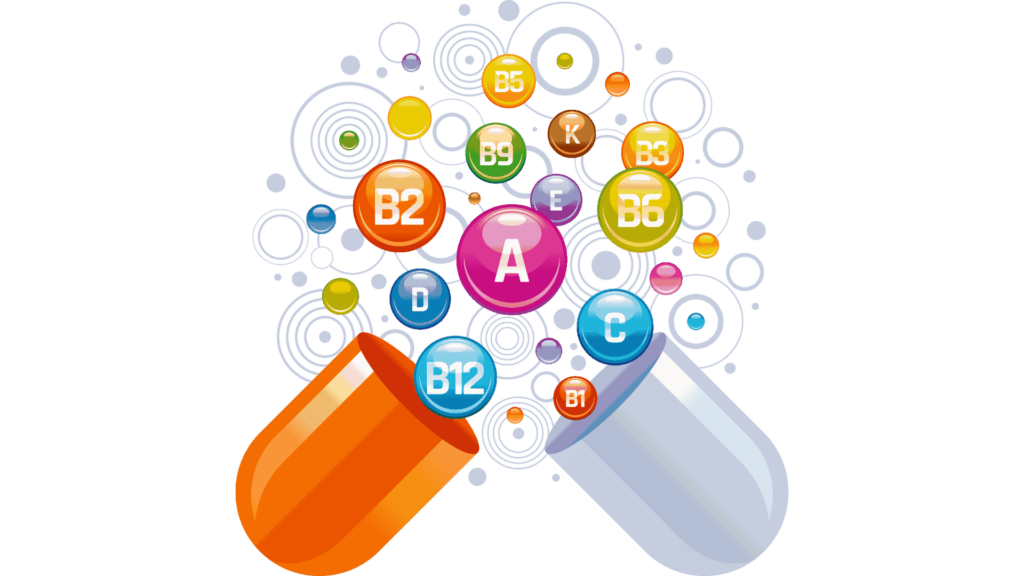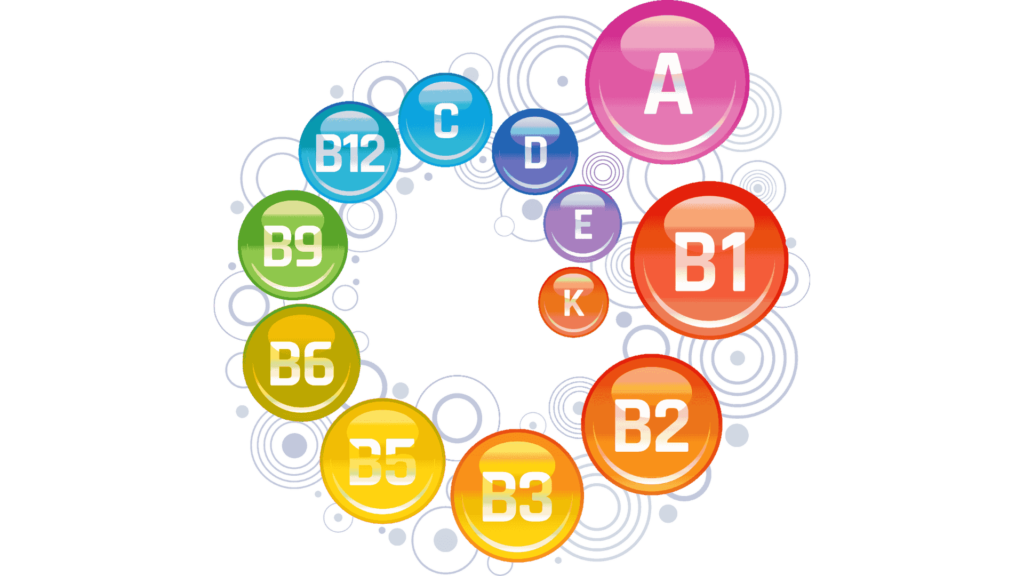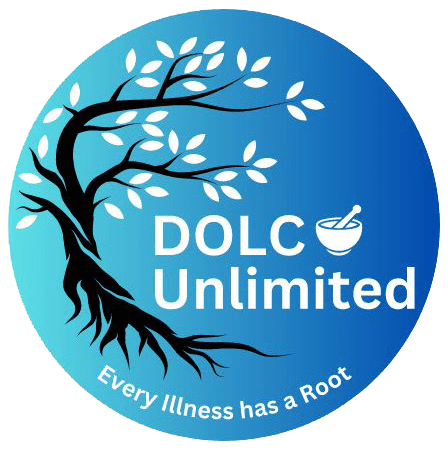Nutrition and Vitamin Deficiency
Nutrition refers to the intake of nutrients from food
Amino acids
Vitamins
Minerals
natural biochemicals obtained from our diet
These elements are vital for optimal body function. Vitamins are crucial for functions like energy production, immune response, and blood clotting. Nutrient deficiency occurs when the body lacks essential nutrients from the diet. Common deficiencies include vitamins such as Vitamin D and B12, and minerals like iron and calcium. These deficiencies can lead to various health issues, which a balanced and varied diet can often prevent or reverse. Examples of deficiencies in specific vitamins can cause diseases, including scurvy (Vitamin C), rickets (Vitamin D), and anemia (Vitamin B12 or Iron).
How does our body handle nutrients?
Sugars from carbohydrates
Fats
Amino acids from proteins
Absorbable vitamins and minerals
This process helps create ATP, the primary energy molecule for cells. Metabolism also involves converting toxins into less harmful substances and eliminating waste products from the body. The human body, like a bustling city, has extensive blood vessels acting as roads which need proper maintenance for optimal functioning. Disruptions in this system, akin to traffic jams, can lead to illnesses.
Metabolism is affected by nutrition, sleep, exercise, drugs, hormones, stress, genetic makeup, and inflammation, among others. Maintaining good metabolism involves consuming quality nutrients and supplementing dietary gaps.
How important is nutrition to our overall health?

Nutrients, Vitamins, and Mental Health
Neurotransmitters, the brain’s chemical messengers, are crucial for mental health, and their activity is influenced by nutrients and vitamins. Hormones and the nervous system help regulate metabolic processes to meet the body’s needs under different circumstances, such as rest, exercise, or fasting.
Gut Health and Microbiome

What other factors affect the quality of our nutrients?
Agriculture Practices and Soil Health


Soil Nutrient Depletion
Processed Foods and Health Risks

